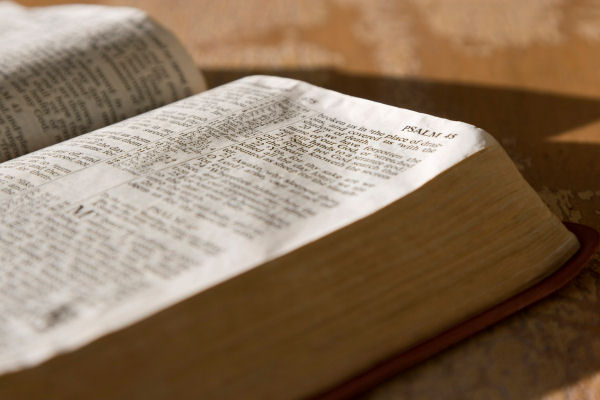In 1 Kings 18 we have the marvelous account of Elijah’s mighty encounter with the prophets of Baal on Mt. Carmel. What a victory! What a vindication of the Lord’s name!
In 1 Kings 19 we have Elijah’s breakdown. He is threatened by Jezebel and flees for his life.

On day #1 of his depressed flight, he prays, “It is enough; now, O LORD, take away my life, for I am no better than my fathers.” (19:4)
On day #41 of the same distraught struggle (v.8) Elijah has reached Mt. Horeb and prays, “I have been very jealous for the LORD, the God of hosts. For the people of Israel have forsaken your covenant, thrown down your altars, and killed your prophets with the sword, and I, even I only, am left, and they seek my life, to take it away.” (v.10)
At least the prophet is no longer asking God to kill him! But he isn’t much better off—full of self-pity, myopia, and wounded pride.
So here’s my question: If Elijah had been a local church pastor, what would have done on those intervening five Sundays?
What would he have preached on those Sundays? Could he have preached on those Sundays? With what spirit would he have done so?
The average senior pastor has to preach at least every seven days, if not multiple times a week. He doesn’t have the time or the freedom to process freely some of life’s harder issues without needing to stand before God’s people as “the man of God.”
How is the pastor to keep pastoring when in the way of Elijah?
Here are a few questions to continue our exploration of this difficult topic:
- How authentic is a pastor to be in the pulpit?
- To what degree and at what depth is a pastor to publicly acknowledge or share his own struggles—be they personal, spiritual, emotional, mental, relational or otherwise?
- What is the precise calling of the preacher/prophet?
- When does one’s personal struggle disqualify one from fulfilling a responsibility to faithfully preach the word of God?
- Is a pastor in the midst of a personal crisis being faithful when he chooses to forge ahead in expounding the word to his people without dragging those struggles into the pulpit? Or is he being hypocritical in failing to acknowledge his own struggles and appearing to be something that he, in that moment, is not?
- What role do the preacher’s emotions play in his faithfulness as a preacher? What about his doubts? His depression?
- Are they irrelevant and to be ignored so he can be faithful to God and His Word?
- Are they signally relevant and to be at least acknowledge publicly lest he be hypocritical and phony?
Paul could say to Timothy, “Now you followed my teaching, conduct, purpose, faith, patience, love, perseverance, persecutions, and sufferings, such as happened to me at Antioch, at Iconium and at Lystra; what persecutions I endured, and out of them all the Lord rescued me!” (2 Timothy 3:10)
How could Timothy have “followed” Paul’s “faith” and “patience” and “perseverance” and “persecutions and sufferings” without being witness to his struggle as well? And how could he have been witness to how “out of them all the Lord rescued” Paul?
How does the local church pastor “preach the word” and “be ready in season and out of season” to do so when those seasons include things like Elijah faced? (2 Timothy 4:2)
There are few easy answers here, but it would seem that wisdom is found somewhere in the tension of holding these two points together:
- If I am struggling significantly, someone needs to know. That is not the same as everyone needing to know. In my struggles I need the fellowship of solid, mature believers. But the exhibitionism of “telling all, all the time, to everyone” is helpful neither to me nor my people.
- My people need to see me struggling in faith. What I show them needs to be a model of how they too can handle honestly and authentically their challenges as those living yielded to God and under the authority of His Word.
I’m sure there is a great deal more to be said on this topic. Please feel free to weigh in and share your thoughts.

